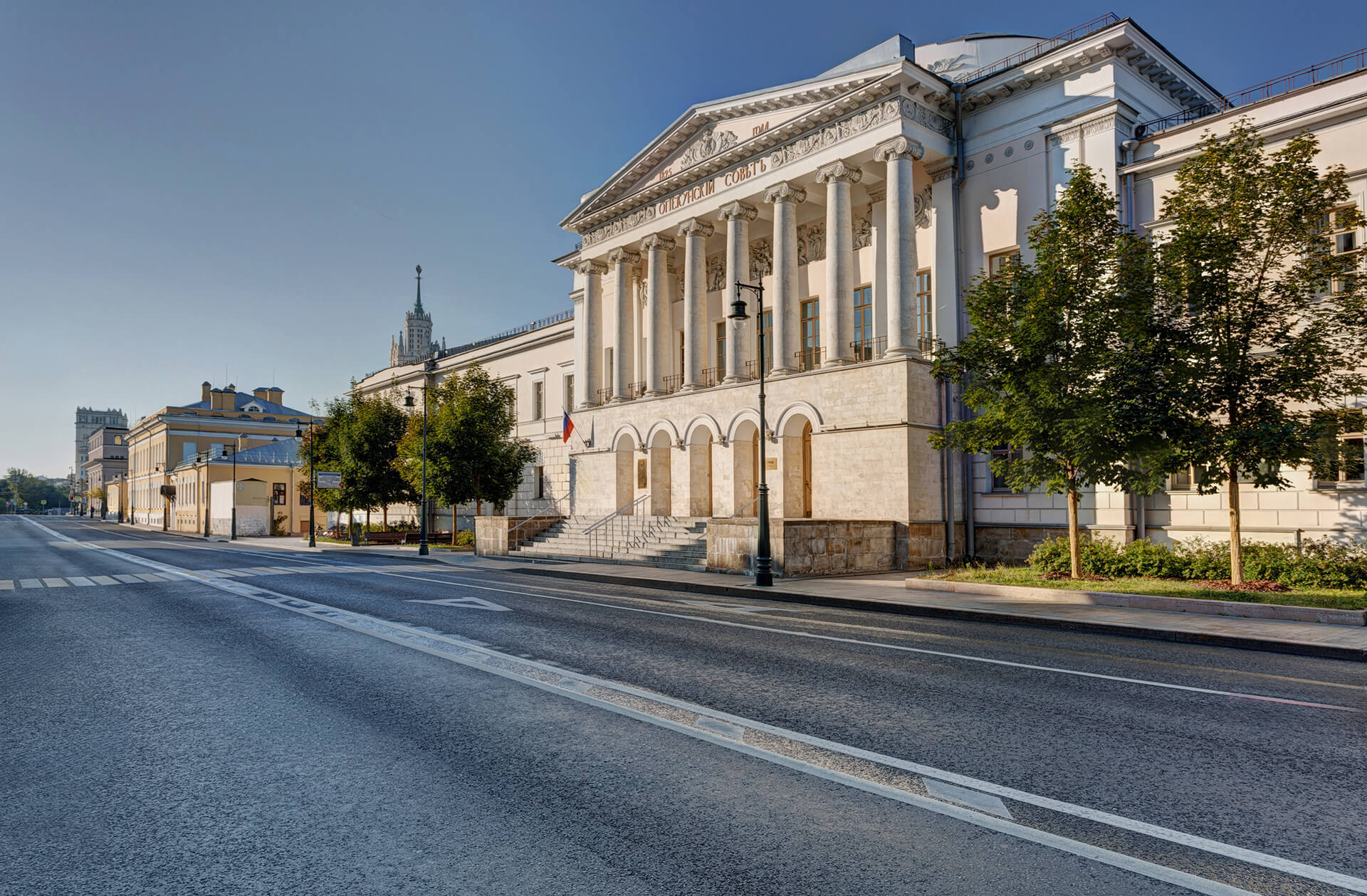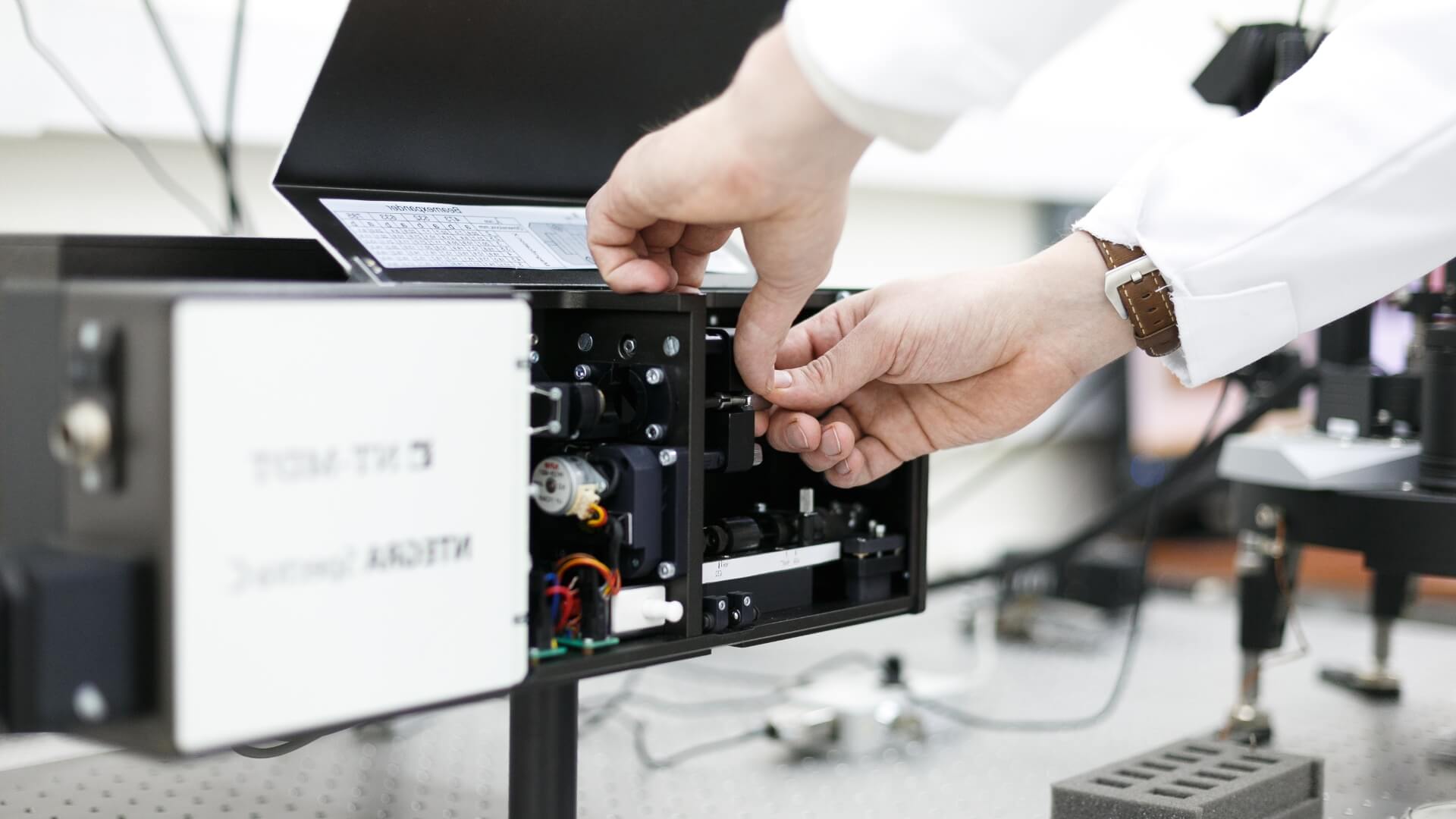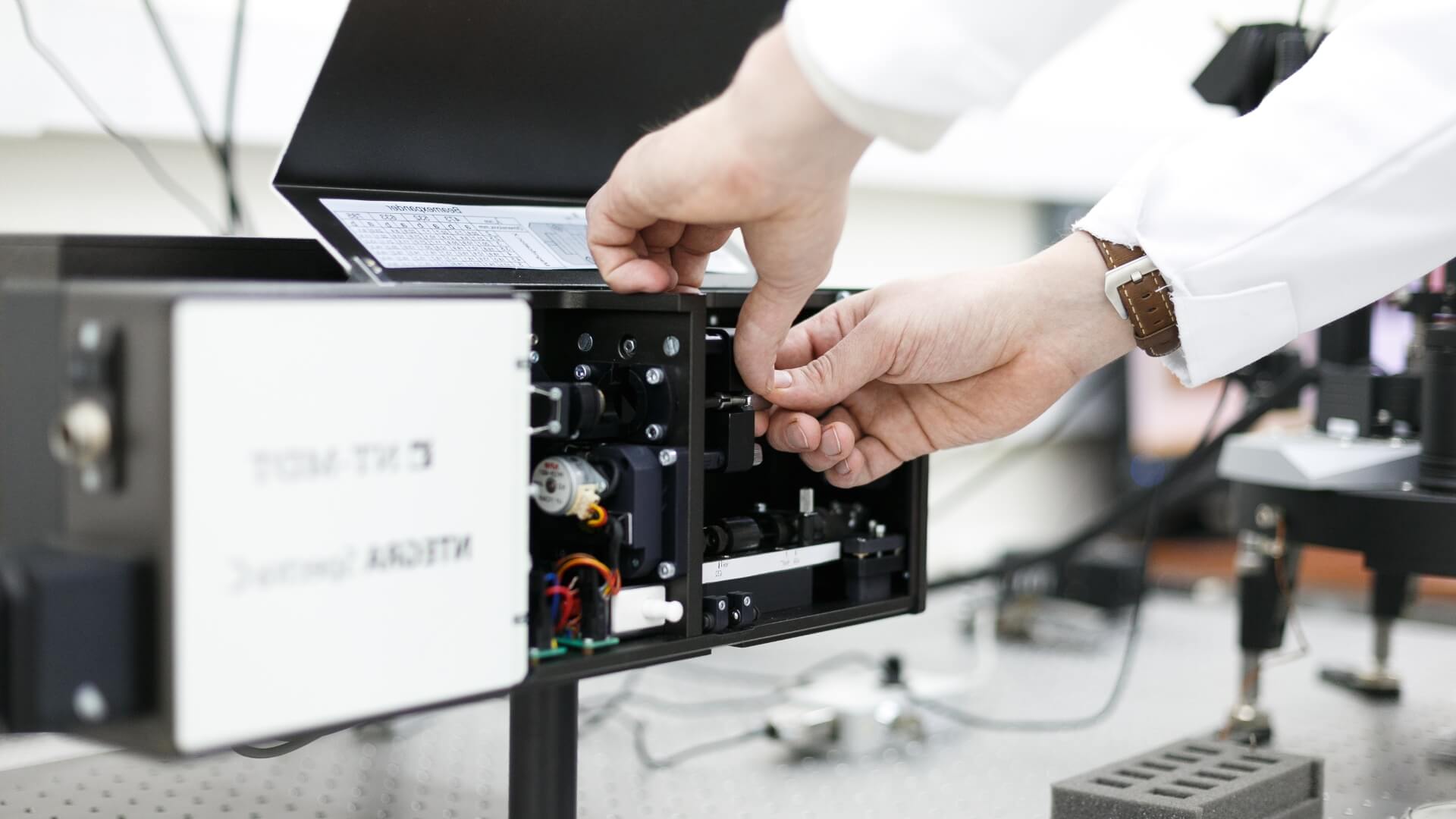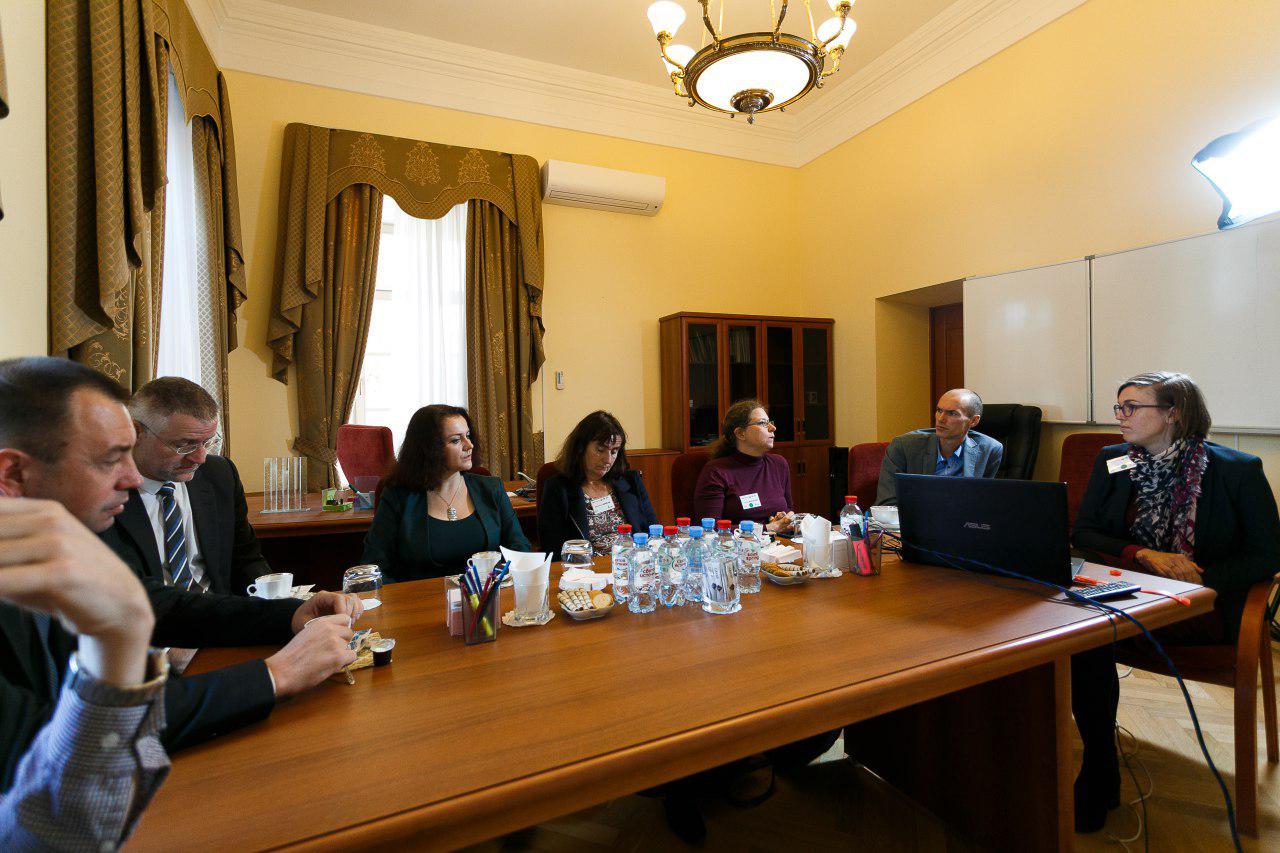







The DFG delegation consisted of five officers chaired by Dr. Cosima Schuster, Programme Director, Physics and Chemistry. The German partners spoke about their experience in organizing and conducting joint expert panels in the framework of cooperation between DFG and the Polish National Science Center (NCN). Special attention was given to the programs providing recognition of the projects review of a partner organization on a reciprocal basis on the basis of the so-called “lead agency” procedure. DFG uses this scheme when conducting joint calls with the US National Science Foundation (NSF) and multiple European research funders (ANR, FWF, SNF, etc.).
“It was quite interesting for us to learn DFG insights from the various models for the evaluation of research projects in the framework of international joint calls,” commented RSF deputy director general and head of the office of programs and projects Andrei Blinov. - Each scheme has its advantages, disadvantages and “pitfalls”. Importantly, we recognized that the existing model of review in the RSF-DFG calls for proposals based on the principle of "two keys", when the winners should receive the highest assessments as a results of an independent examination by the scientists of both countries, has proved its effectiveness and is today optimal for us in our common opinion".
Dr. Astrid Evers, Programme Officer, Research Careers (DFG) spoke about the programs for early-career researchers. She introduced three major funding programs, including the most recent Walter Benjamin Programme launched in July 2019. The Russian Science Foundation presented the results of its youth-oriented programs under the Presidential research funding program. The parties discussed the criteria for evaluating applications submitted by the participants in youth programs, the key issues associated with these funding instruments, how one can assess the effectiveness of these programs (short and long term).

